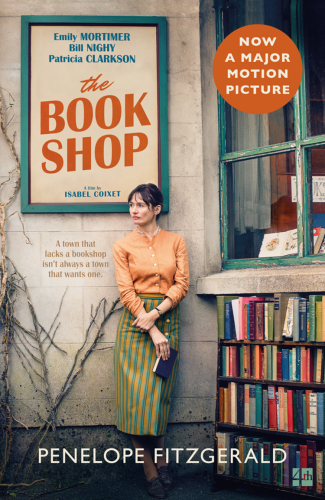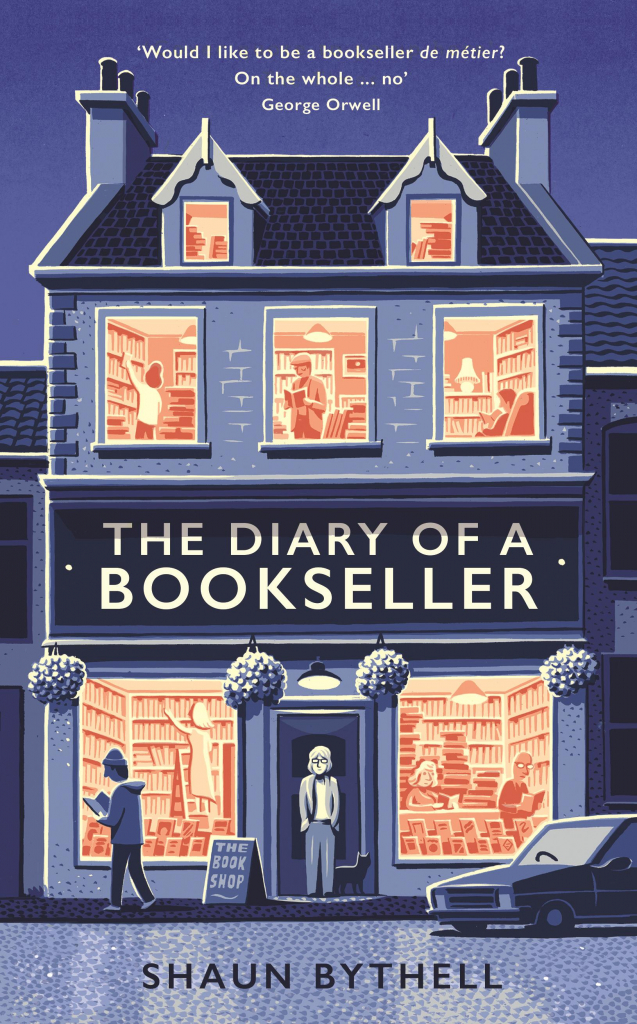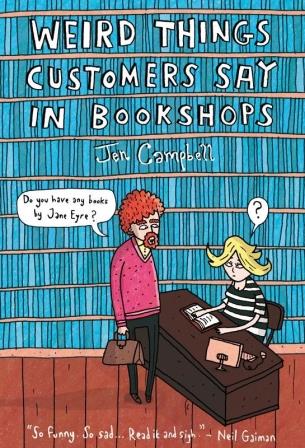
I would love to run a bookshop.
By which I mean I would love to live in one, arranging the books just so, dipping in and out of my favourite tomes, discovering new authors and titles as part of my job – what bliss it all seems!
But of course, the reality would be rather more challenging: balancing the books, drawing in the customers who who would rather buy online, managing staff and limited resources.
At least I would hope to have the support and backing of my local community (although here I think sadly of Kathleen Kelly’s lovely Shop around the Corner in ‘You’ve Got Mail’), but in Penelope Fitzgerald’s quietly fatalistic novel, ‘The Book Shop’, community support is the vital ingredient new bookshop proprietor, Florence Green, lacks.
The blurb:
England. 1959. In a small East Anglian town, Florence Green decides, against polite but ruthless local opposition, to open a bookshop.
Hardborough becomes a battleground. Florence has tried to change the way things have always been done, and in doing so has crossed those who have made themselves important, such as the formidable Mrs Gamart, and even natural and supernatural forces, too.
Her fate will strike a chord with anyone who knows that life has treated them with less than justice.
What’s it about?
Spite. Small village politics. Exterminators and exterminees. Showing faith and hope in life spite of the gradual crushing nature of it.
What’s it like?
‘The Bookshop’ is a brief tale of life’s casual cruelty.
Fitzgerald’s narrative is often gently humorous with an underlying viciousness and concludes with a deeply saddening ending.
Held back and plotted against by useless solicitors, jealous neighbours and ambitious local politicians, Florence’s naivety is perhaps best illustrated by her simple belief that: ‘Surely you have to succeed, if you give everything you have.’
Ah, bless you, Florence; if only life were that simple.
Favourite lines:
Mr Gill smiles ‘as a toad does, because it has no other expression’.
(On Milo North) ‘His emotions, from lack of exercise, had disappeared almost altogether’.
England. 1959.
Fitzgerald evokes a world in which power resides firmly with the upper classes and culture means nothing more to her most obviously ‘cultured’ characters than a boost to their social status.
More crucially, this is a cruel world which is indifferent towards human endeavour – when it is not actively malign. (Florence must battle a poltergeist as well as malcontents and decaying buildings).
Final thoughts
I enjoyed Fitzgerald’s prose and relished the moments when Florence insisted on the vital nature of books and reading. Florence’s downfall is perhaps inevitable, despite the hopes raised along the way, and I suspect Fitzgerald’s final words, and Florence’s final attitude, will stay with me for a very long time.


